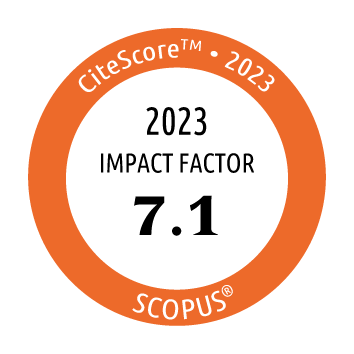|
Background:
Grass pollen allergy
is one of the most
common allergies
worldwide, and
patients often show
sensitization to an
array of
phylogenetically
related species.
Objective: To
determine the effect
of specific
immunotherapy (SIT)
with Phleum pratense
extract on induction
of the immune
response to a
mixture composed of
5 grass pollen
extracts.
Methods:
Forty-six adult
patients suffering
from rhinitis and
sensitized to a mix
of grass pollen
allergen extracts
were randomized 3:1
to receive a short
course of SIT with P
pratense or to an
open control group
without SIT. At
baseline and after
3-4 months, we
evaluated levels of
specific
immunoglobulin (Ig)
E and IgG4, as well
as the immediate and
delayed cutaneous
responses to the
grass mix and P
pratense. IgG4 to
Lolium perenne was
also determined.
Results:
Levels of IgE and
IgG4 to grass mix
and P pratense
increased
significantly during
treatment (P<.001).
However, this
increase was only
significantly higher
in the SIT group
than in the control
group for IgG4
(P<.001). The levels
of IgG4 to Phl p 5
and Lol p 5 were
highly correlated
(r=0.99, P<.001).
The immediate and
delayed cutaneous
responses were
significantly
diminished to both
extracts after SIT
(P<.001).
Conclusions:
Patients with
rhinoconjunctivitis
diagnosed using skin
prick testing with a
grass mix allergen
extract and treated
with a short course
of SIT based on a
single species P
pratense allergen
extract are able to
develop an immune
response that
targets not only the
immunizing species,
but also the grass
mix allergen
extract.
Key words: Allergen.
Grass pollen.
Cross-reactivity.
Specific
immunotherapy (SIT).
|




